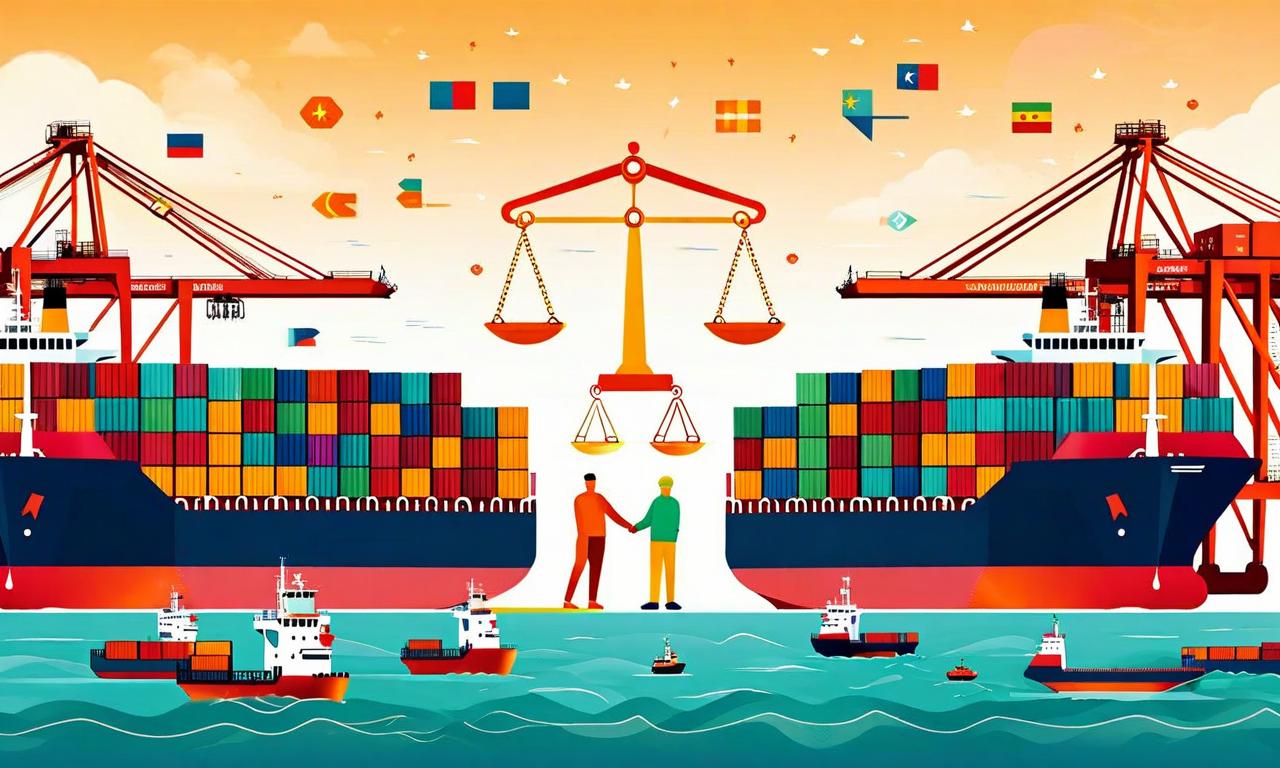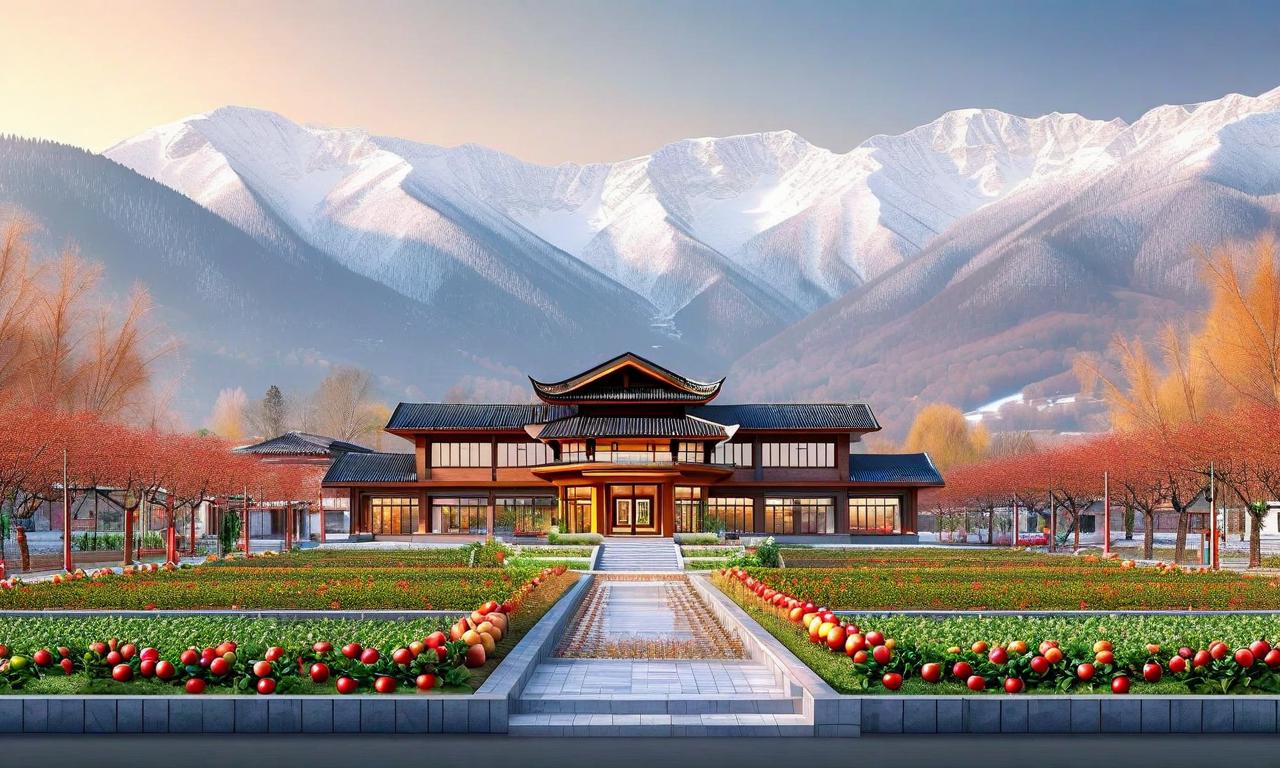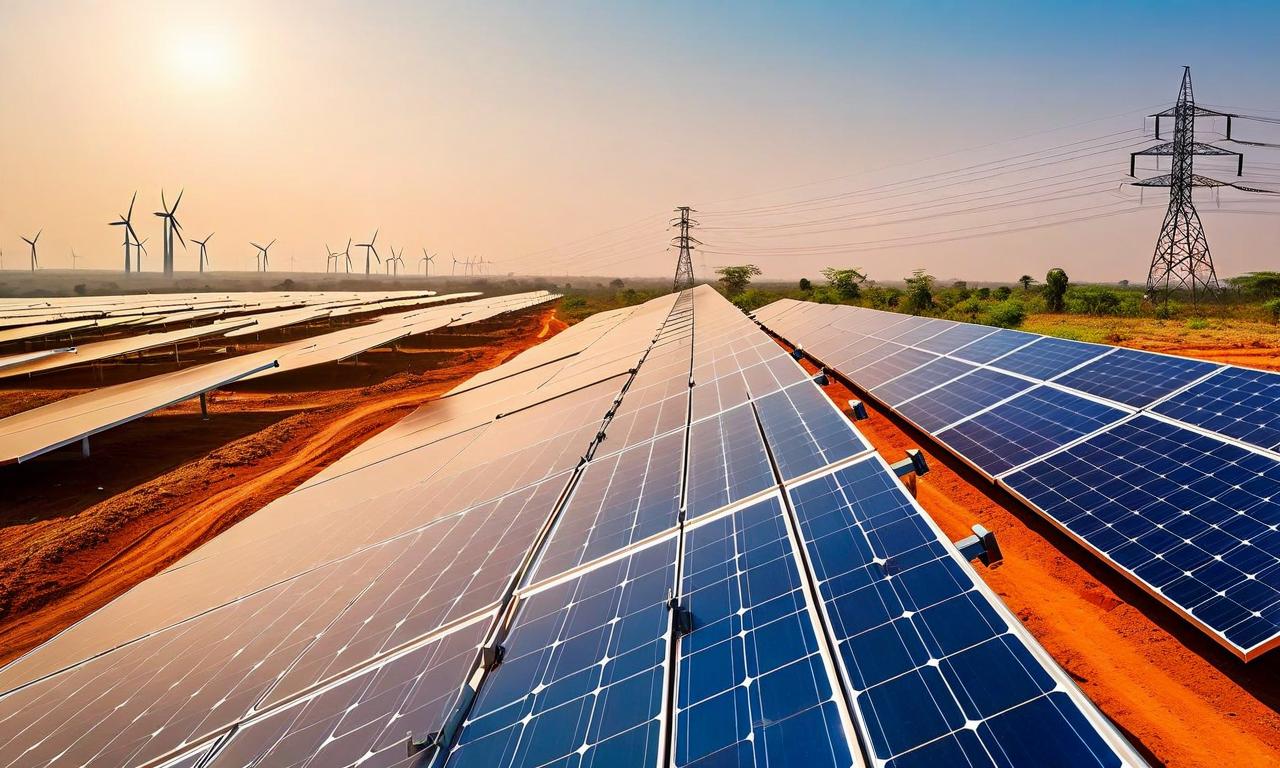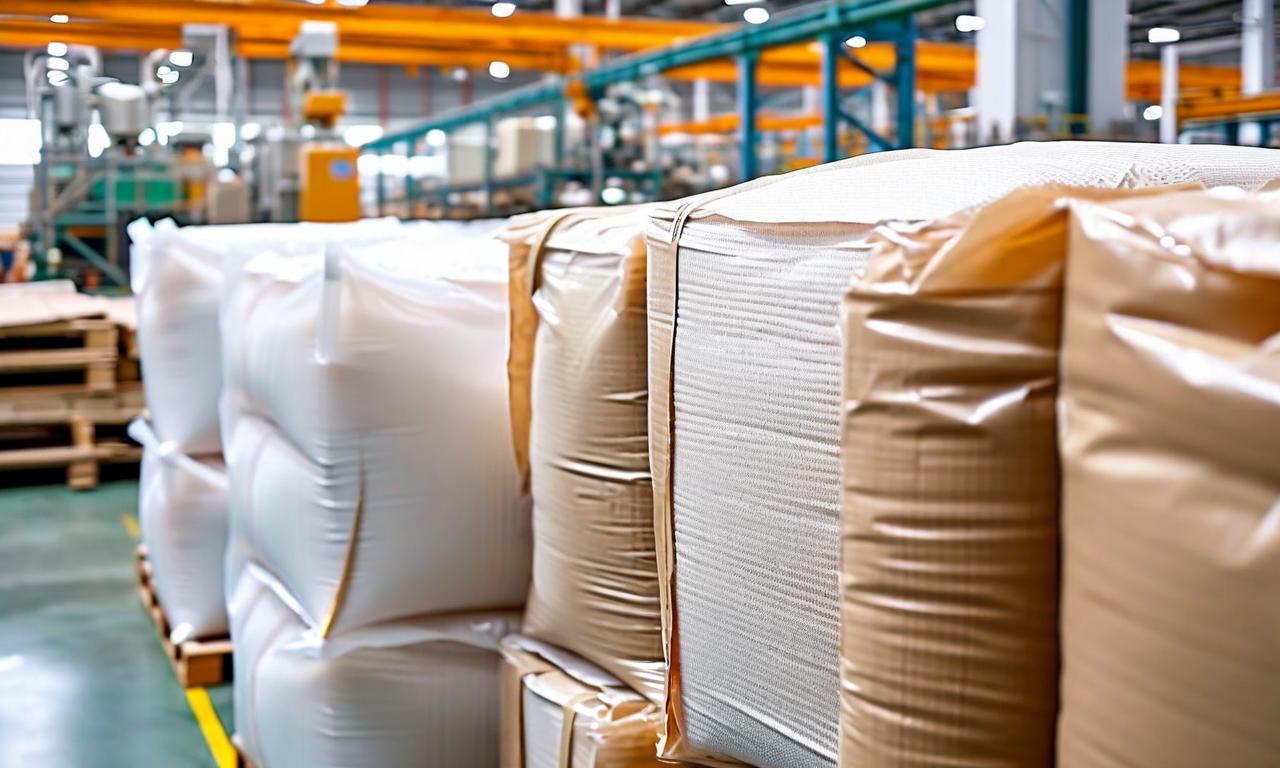Putin Slams Trump's 'Colonial-Era' Trade Tactics Against India and China
Russian President Vladimir Putin has criticized US President Donald Trump's approach to trade relations with India and China, calling it 'colonial-era pressure tactics'. Putin warns that such methods could be counterproductive, especially when dealing with powerful economies like India and China. The US has imposed a 50% tariff on India for purchasing Russian oil and initially placed a 145% tariff on Chinese goods, later reduced to 30%. In response, China has lowered its tariffs on US goods from 125% to 10%. These developments highlight the complex nature of international trade relations and the use of tariffs as economic leverage.

*this image is generated using AI for illustrative purposes only.
Russian President Vladimir Putin has launched a scathing critique of US President Donald Trump's approach to trade relations with India and China, characterizing the American leader's methods as 'colonial-era pressure tactics.'
Putin's Stance on US Trade Pressure
Putin argued that powerful economies with substantial populations, such as India and China, have their own unique domestic political mechanisms and historical experiences with colonialism. These factors, he contends, significantly influence how these nations respond to external pressures.
The Russian leader warned that such pressure tactics could be counterproductive, stating that leaders who show weakness in the face of such pressure often face serious political consequences in their home countries.
Trump's Tariff Measures
According to the report, Trump's administration has taken aggressive steps in its trade policies towards both India and China:
- India: A 50.00% tariff has been imposed on India for its purchase of Russian oil.
- China: Initially, a 145.00% tariff was placed on Chinese goods. However, this was later reduced to 30.00% through an interim deal.
In response to the US measures, China has also adjusted its tariffs on US goods, reducing them from 125.00% to 10.00%.
Implications for Global Trade
These developments highlight the complex and often tense nature of international trade relations, particularly among major world powers. The use of tariffs as a tool for economic and political leverage has become increasingly prominent, raising concerns about the stability of global trade networks.
Putin's criticism underscores the potential for such tactics to strain diplomatic relations and potentially backfire, especially when dealing with nations that have a history of resisting external pressures.
As these trade tensions continue to evolve, the international community will be closely watching how India and China respond to what Putin describes as pressure tactics, and whether this approach will lead to productive negotiations or further escalation of trade conflicts.
The situation remains fluid, with potential implications for global economic stability and the balance of power in international trade relations.
























